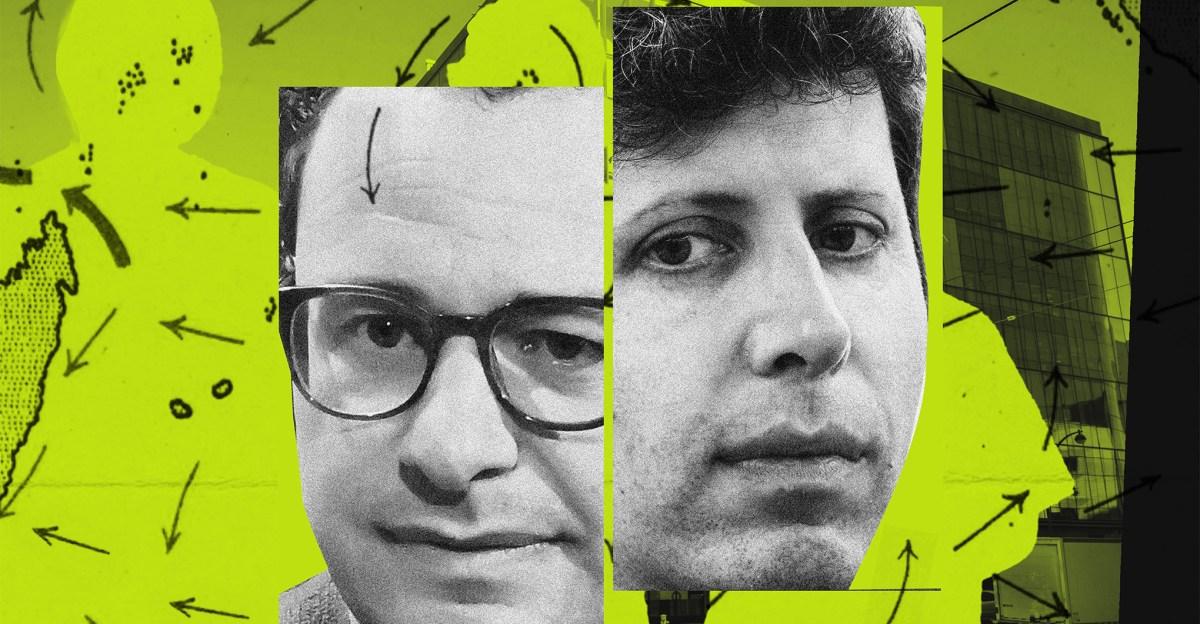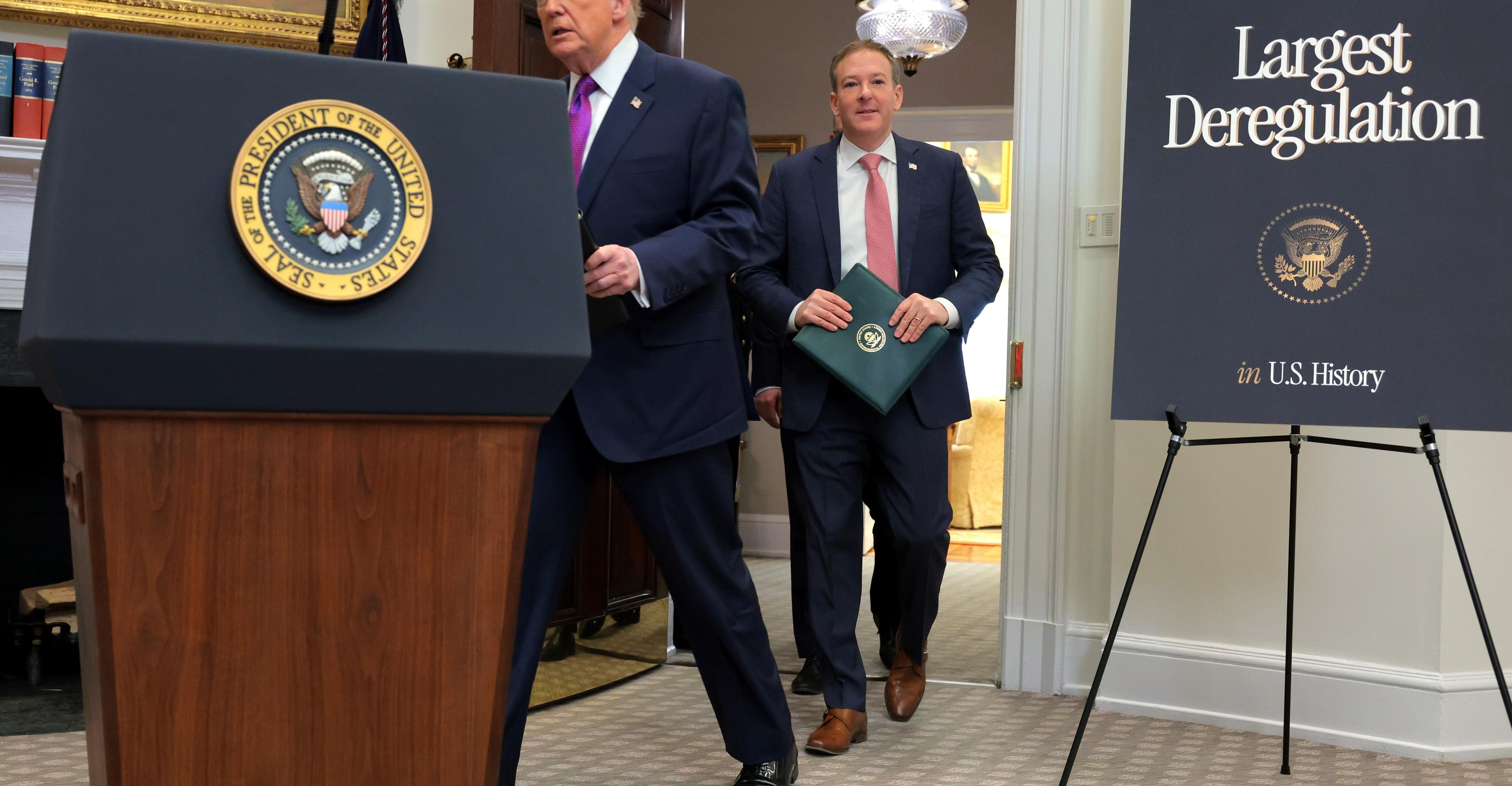Lawmakers are overreacting to crime.


When it comes to public safety, lawmakers have two primary jobs: enacting policies that curb crime and making their constituents feel safe. It might seem like those two things go hand-in-hand; after all, if lawmakers successfully reduce crime rates, then people have less to worry about. But as has been especially evident recently, there can be a big disconnect between actual crime trends and how people feel about them.
According to a Gallup poll, for example, the share of Americans who believe that crime is an “extremely” or “very serious” problem afflicting the country recently hit an all-time high — 63 percent in 2023, up from 48 percent just five years earlier. But the crime data paints a very different picture: According to the FBI, after an uptick in crime in the immediate aftermath of the pandemic, crime rates have actually been falling across the country, with murders declining by 13 percent between 2022 and 2023. In New York City, one of the cities Republicans often point to as a supposed example of lawlessness, shootings are down 25 percent, and homicides are down 11 percent.
“We keep getting a lot of really great information suggesting that violent crime is declining — in some cases extremely sharply,” said Ames Grawert, senior counsel at the Brennan Center’s Justice Program. “At the same time, there’s a real lag between what the data show and how people perceive the data.”
That gap between reality and public perception is proving to have serious consequences.
“Elected officials don’t govern based on necessarily what the data say,” Grawert said. “They govern on what the data say and how the public perceives it.” So as long as people continue to feel that crime is a problem — a reality prompted by an early pandemic crime spike and subsequently fueled by media reports that often overstated the rise in crime — lawmakers feel pressured to respond to a problem that, by and large, appears to be subsiding.
That’s why a slew of cities and states have started adopting laws that hark back to the tough-on-crime approach of the 1980s and ’90s, a trend that has crossed party lines. Some jurisdictions, for example, have dramatically increased police presence, cracked down on homeless encampments, and imposed harsher penalties for petty crimes.
These policies, in both Republican and Democratic jurisdictions, threaten the meaningful progress that criminal justice reform advocates achieved in the past decade, including a reduction in the prison population. This kind of legislation is both shortsighted and irresponsible: Many of these bills are getting enacted after crime began falling, which not only means they’re likely unnecessary, but they could also potentially pave the way for a reinvigorated era of mass incarceration.
New crime bills are not responding to actual crime trends
Louisiana was once known as the prison capital of the world, with more prisoners per capita than any other US state, or country for that matter. In 2012, according to the Times-Picayune, one in 86 adults in the state was serving time in prison, which at the time was almost twice the national average. The racial disparities were staggering, too: In New Orleans, one in seven Black men was either in prison, on parole, or on probation.
But following a wave of criminal justice reforms across the country, some of which had bipartisan support, Louisiana lawmakers sought to change the state’s reputation. They succeeded, overhauling crime laws and ultimately reducing the prison population. The number of people held in prison for nonviolent offenses, for example, declined by 50 percent between 2016 and 2023.
Legislators in the state recently passed changes to its criminal justice system that will likely reverse that pattern. The new laws will impose harsher penalties and longer sentences for a range of offenses, including carjackings and drug dealing, make it significantly harder to qualify for parole or overturn a wrongful conviction, and treat 17-year-olds who are charged with a crime as adults.
But deep-red Louisiana isn’t the only place this sort of change of heart is happening. In San Francisco, voters approved ballot measures in March that would expand police surveillance and impose drug tests on welfare recipients — showing a public appetite, even among liberal voters, to do away with a more forgiving law enforcement approach. And in New York, Gov. Kathy Hochul, a Democrat, recently deployed hundreds of National Guard troops to patrol the city subway system, despite the fact that crime on the subway was relatively rare and already on the decline.
One area getting a lot of lawmakers’ attention is drug enforcement, especially against the backdrop of rising overdose deaths across the country. Oregon’s Democratic governor, for example, recently signed a bill that recriminalized possession of drugs in the state, reversing a decriminalization ballot measure that voters passed in 2020.
But criminalization of drugs in particular is an easy way for lawmakers to say they’re responding to a problem without actually committing the necessary resources to address it, like making treatment centers more accessible.
“The laws that are being proposed to counteract this by punishing people are not being proposed with public safety in mind,” Wanda Bertram, a communications strategist at the Prison Policy Initiative, told me. If they were, she said, they would be accompanied by an expansion of programs, including treatment centers and safe injection sites.
Part of the tough-on-crime trend can be explained by the fact that an election is coming up, and politicians are concerned that the public’s sentiment about crime might sway voters. Fear-mongering about crime — and law-and-order campaigns in particular — is especially popular among Republicans every election cycle. This time around, Democrats seem to be responding not by pointing to declining crime trends, but by trying to appear even tougher on crime than their Republican counterparts.
Given people’s attitudes toward crime — and the wrong public perception that crime is on the rise — Democrats might be justifiably worried about appearing out of touch if they deny their constituents’ distorted reality. But that just leads to bad policymaking as a result.
“It’s a punitive turn in American policymaking that reflects a political establishment that doesn’t have any good ideas,” Bertram said. “Republicans love to make penalties harsher and sentences longer. To see Democrats bandwagoning on it is sinister and new and reflects a fear that they don’t have enough in their platform.”
A renewed era of mass incarceration
After the number of prisoners in the United States peaked at around 2.3 million people in 2008, a range of criminal justice reform bills succeeded in bringing that number down by reducing sentences, decriminalizing drugs, and by prosecutors being more selective about which laws to enforce and against whom. And in 2020, after the Covid pandemic prompted lawmakers to release low-risk prisoners, the prison population dipped to around 1.7 million.
In recent years, the number of people in prison has been starting to creep back up, increasing by 2 percent nationally between 2021 and 2022. In some states, the rise has been much more pronounced, like in Mississippi, where the prison population grew by 14.3 percent in the same period. That’s in part because crime did indeed rise during the pandemic, but it’s also likely the result of a stricter law enforcement approach to low-level crimes. The overblown shoplifting panic, for example, prompted many states and local prosecutors to impose harsher penalties on offenders, despite the fact that shoplifting, like other crimes, was trending downward.
It’s too early to know just how much the new tough-on-crime laws will affect the overall prison population, but they could potentially erase years of progress and further entrench America’s era of mass incarceration as a permanent reality.
It’s easy for lawmakers to forget that when the public seems desperately afraid of a crime wave that seems to no longer exist. “There’s a sort of sense of ‘We have to do something, this is something, let’s do it,’ rather than a sober-minded, careful response to the data and the history, and what we know works and what doesn’t,” Grawert said.
Indeed, it’s important for lawmakers to take a long-term approach to crime instead of trying to find a quick fix to a short-term problem. One way lawmakers can remind themselves of that is this tidbit in public polling: The same poll that showed that 63 percent of Americans think crime is a very serious problem nationally also showed that only 17 percent believed crime was an extremely or very serious problem in the area they lived in. That could be because while they might read about a supposed crime wave across the country, they’re not actually seeing any evidence of it in their own neighborhoods.
Even if new tough-on-crime laws are intended to assuage the public’s fears about crime, they’re seemingly unnecessary and end up hurting everyone in the long term. After all, policy responses like New York sending the National Guard to the subway, which only visibly reinforce the idea that there’s an active threat, won’t only make people feel less safe; they’ll likely lead to more arrests for low-level offenses, too.
Lawmakers should ask themselves: What would that actually achieve?

America After Trump
- a day ago
Pakistan, US agree to enhance bilateral trade, economic ties, counterterrorism cooperation
- 13 hours ago
PM Shehbaz calls for independent, sovereign state of Palestine
- 15 hours ago

Strong earthquake rattles eastern Afghanistan
- 8 hours ago
NORAD detects Russian planes off of Alaska, sends aircraft in response
- 15 hours ago

Gold prices continue to surge in Pakistan, global markets
- 14 hours ago

It’s MAGA v Broligarch in the battle over prediction markets
- 3 minutes ago

Scientists have found another alarming pattern in wildfires
- a day ago

Magnitude 5.6 quake jolts parts of KP
- 10 hours ago
PMD predicts dry weather in most parts of country
- 10 hours ago

Google announces dates for I/O 2026
- 15 hours ago

Money no longer matters to AI’s top talent
- 3 minutes ago









